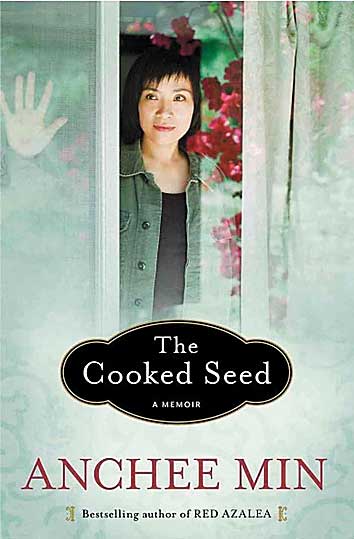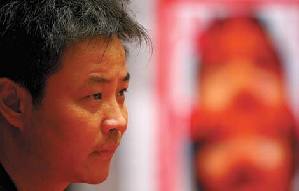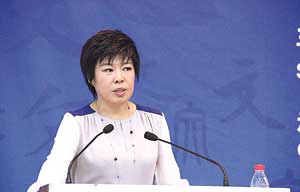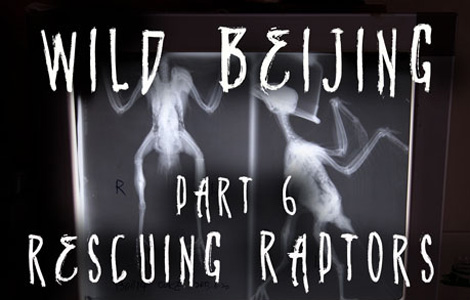Chinese seed sprouts in US culture
Updated: 2013-08-06 10:40
By Kelly Chung Dawson in New York (China Daily)
|
|||||||||||
 |
|
The Cooked Seed is Anchee Min's new memoir about her journey to the United States, and her life and her writing. Provided to China Daily |
When Anchee Min came to the United States in 1984, she spoke little English. She had barely slipped through on a student visa granted by an American consul impressed with her "crazy determination" - a decidedly American trait, she recalls in her new memoir The Cooked Seed.
In her courses at the Art Institute of Chicago, "I dragged the composition topics into my own territory, against the backdrop of Chinese culture and history," she writes, "where I could make comparisons and comment intelligently. I wrote slowly with my baby English, but it worked."
Later, she found success with a similar formula in Red Azalea, her celebrated 2006 memoir in which she detailed her "cultural revolution" (1966-76) experience as an actress with Madame Mao's Shanghai Film Studio and her love affair with a woman, among other events.
The Cooked Seed picks up where Red Azalea left off, with Min's journey to the US and her subsequent struggles with marriage, friendship, money and her eventual career as a writer. The title of the new book refers to the Chinese name for a seed that has no chance of sprouting.
Although she had always been an avid reader of Chinese literature, Min never considered writing in Chinese, she says.
"In Chinese, I wasn't a newborn, but in English I was a newborn calf who wasn't afraid of any tiger," she says. "I realized that what I had to offer in America was my knowledge of China, and the voice I could give to my experiences."
She found her voice when she began combining the poetic influences of Chinese classical literature with the directness of Western authors like Hemingway and Anais Nin, she says.
Min's detailed accounts of the various conflicts she has faced in personal relationships, whether romantic or platonic, are often less than flattering. She is disarmingly honest about her own flaws.
But she firmly believes that Western readers only find authenticity when an author's flaws are on display. Criticism is not only expected in America, but often encouraged, she says.
She notes that if her book were to be published in China, Chinese readers might view her stance as anti-American, for her descriptions of life as a poor immigrant.
"Chinese have a tendency to present a picture that's either 100 percent positive, or to present nothing at all," she says. "They're often uncomfortable with demonstrating any weakness. But what Chinese need to learn is that showing some flaws actually makes people see you as stronger in the big picture."
Min will continue to write about China, because she will always feel connected to her homeland, she says.
"I was born in China but I discovered myself in America, and what I could do for China," she says.
"I've realized as time has gone by that China is not mine to miss because it has never once left my thoughts."
|
|
|
| Ghost writer |
Related Stories
Yu hua's major works 2013-08-06 09:31
West turns new page in thinking on Chinese literature 2013-08-03 07:35
Western art classic finally translated 2013-07-30 10:32
New book tells stories of US citizens in Shanghai 2013-07-25 13:47
Books by former CPC leaders well received 2013-07-16 15:05
Coming to a screen near you 2013-07-11 13:43
Today's Top News
Brunei bans tainted Fonterra dairy products
7 arrested for polluting S China river
China's C919 to break Boeing, Airbus dominance
Dialogue defuses EU, China solar case
Washington Post sold to Amazon's founder
Fonterra says sorry for 'anxiety'
Obesity rate on the increase
Service sector drives up growth
Hot Topics
Lunar probe , China growth forecasts, Emission rules get tougher, China seen through 'colored lens', International board,
Editor's Picks

|

|

|

|

|

|







